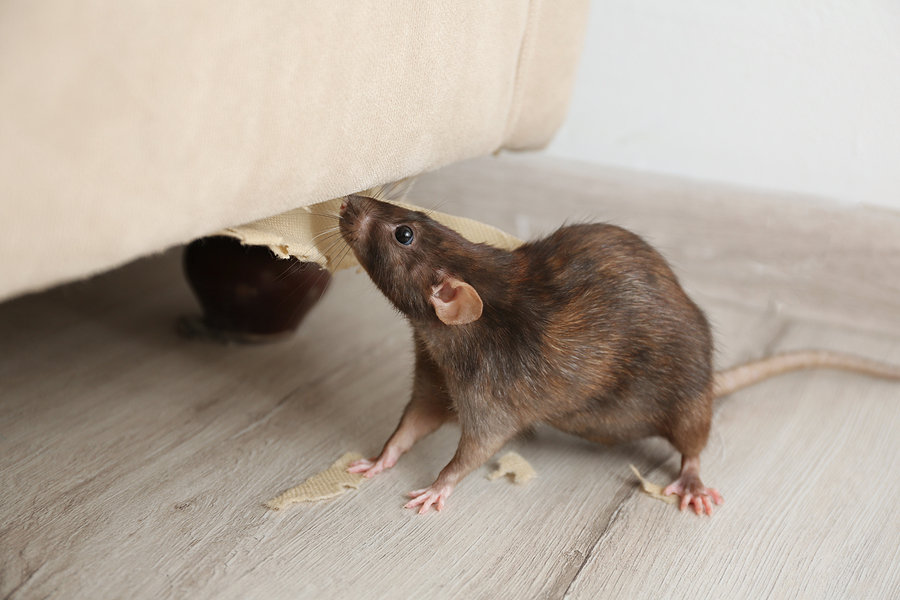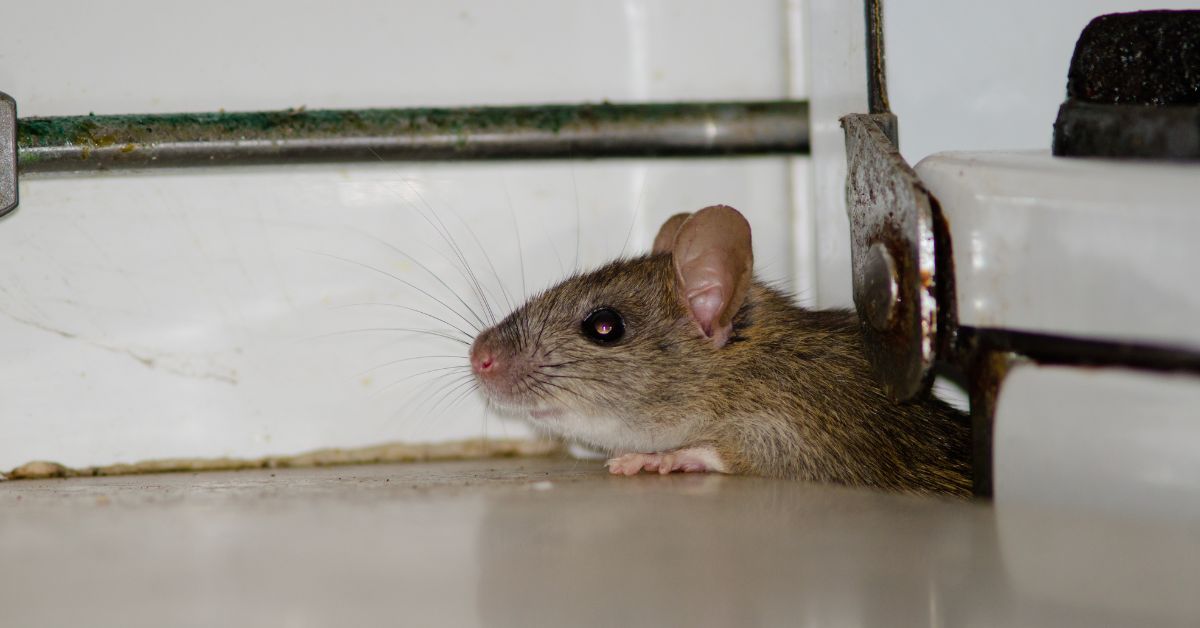When it comes to keeping our homes rodent-free, many of us are looking for natural solutions that don't involve harmful chemicals. One such solution gaining popularity is the DIY cinnamon rodent repellent. This method not only uses a common household spice but also provides a safe and aromatic way to deter pesky rodents.
In this article, we will delve into how cinnamon works as a rodent repellent, the steps to create your own DIY solution, and why this method is both effective and sustainable. So, if you're tired of unwanted guests in your home, read on to discover how a simple spice can become your new best friend in pest control.

Why Choose Cinnamon For Rodent Control?
Cinnamon is not just a delicious addition to your morning coffee or baked goods; it also has properties that make it an excellent tool for rodent control. The strong smell of cinnamon is known to be a natural deterrent for mice and rats. These creatures rely heavily on their sense of smell to navigate and find food, and the overwhelming scent of cinnamon can disrupt their olfactory senses.
Moreover, using cinnamon as a rodent repellent is environmentally friendly. Unlike chemical-based repellents, cinnamon poses no risk to pets or children, making it a safer option for households. Additionally, cinnamon is widely available and affordable, making it an accessible choice for everyone.
How to Make Your Own DIY Cinnamon Rodent Repellent
Creating your own cinnamon rodent repellent is simple and requires minimal ingredients. Here's a step-by-step guide to help you get started:
- Ingredients Needed: Ground cinnamon, cinnamon essential oil, water, and a spray bottle.
-
Instructions:
- Mix two tablespoons of ground cinnamon with two cups of water in a bowl.
- Add ten drops of cinnamon essential oil to the mixture for added potency.
- Stir the solution thoroughly to ensure the cinnamon is evenly distributed.
- Pour the mixture into a spray bottle using a funnel.
- Shake the bottle well before each use to ensure the ingredients are mixed.
- Application: Spray the mixture in areas where rodent activity is suspected, such as entry points, corners, and around food storage areas. Reapply every few days to maintain its effectiveness.
Additional Tips for Using Cinnamon Repellent
While the DIY cinnamon spray is effective, there are additional ways to enhance its efficiency:
- Supplement with Other Natural Repellents: Combine the power of cinnamon with other natural repellents such as peppermint oil or cloves for a more robust defense against rodents.
- Regular Cleaning: Ensure your home is clean and free of food debris, as this minimizes the attraction for rodents.
- Seal Entry Points: Use steel wool or caulk to seal any gaps or holes where rodents may enter. This physical barrier, combined with the cinnamon spray, creates a formidable defense.
Understanding the Science Behind Cinnamon's Effectiveness
The science behind cinnamon's effectiveness as a rodent repellent lies in its potent aroma and active compounds. Cinnamon contains cinnamaldehyde, which is responsible for its distinctive smell and has been shown to disrupt the sensory paths of rodents. This interference makes it difficult for them to navigate their environment, thereby driving them away from areas where the scent is present.
Furthermore, the strong smell of cinnamon can mask the scent of food, making it less likely for rodents to be drawn to your home in the first place. This dual action of deterrence and masking makes cinnamon a powerful tool in natural pest control.
Comparing Cinnamon to Other Natural Repellents
While cinnamon is effective, it's always beneficial to compare it with other natural repellents to determine the best fit for your needs. Peppermint oil, for example, is another popular choice due to its strong scent and ease of use. However, it can be more expensive than cinnamon and may require frequent reapplication.
Cloves are also known for their pungent smell, which can deter rodents, but they can leave a more noticeable scent in your home. A combination of these natural repellents, including cinnamon, can provide a comprehensive approach to keeping your home rodent-free.

Frequently Asked Questions
1. How often should I apply the cinnamon rodent repellent?
It's recommended to reapply the cinnamon spray every 2-3 days, especially in areas with high rodent activity, to maintain its effectiveness.
2. Can I use cinnamon sticks instead of ground cinnamon?
Yes, cinnamon sticks can be placed in drawers or cupboards as an additional deterrent. However, for a spray solution, ground cinnamon is more effective.
3. Is cinnamon safe for pets and children?
Yes, cinnamon is safe for both pets and children, making it a preferable choice over chemical repellents. However, ensure that pets and children do not ingest large quantities.
For more information on natural pest control, you can visit how to get rid of mice naturally. Additionally, explore our resources on pest repellent plants for the home and learn more about keeping bugs out naturally.
